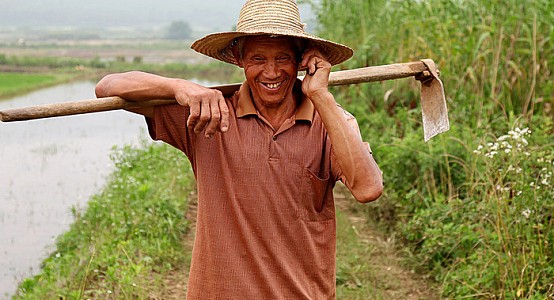Startups in rural China to receive additional support

Beijing. January 19. Silkroadnews - Startups in rural areas of China will receive additional support, the newspaper China Daily reports.
“China will roll out more measures to support rural startups to further promote rural vitalization, under a decision at a State Council executive meeting chaired by Premier Li Keqiang,” the report said.
Rural start-ups will be provided with the state support. Migrant workers, students and veterans who decided to start a business in rural areas will receive the same preferences as local residents. Returning migrant workers, whose start-ups have been working for a year or more, will be eligible for a lump sum grant. Where public finances allow, rural business start-ups will also be entitled to subsidies to relocate or purchase production equipment.
Li said that start-ups contribute to a strategy for improving the situation of the rural population and allow attracting more talent, technology and capital to these areas.
He noted, the initiatives of massive entrepreneurship and innovations, start-ups will open new jobs and give a new impetus to the development of agriculture, rural areas and farms.
According to the Ministry of Agriculture and data for September 2017, seven million people, of whom 68.5% were migrants who returned to their homeland, have started business in the field of agriculture. The average age of entrepreneurs was 44.3 years, 40.7% had an education at the senior level, vocational school or college.
Besides, the additional investments will be provided for rural infrastructure upgrade, including transportation and electricity. The coverage area of broadband Internet will be expanded, and faster Internet services will be provided at a lower cost.
The decision made at the meeting said the government will intensify the training and offer more administrative services in online format. Experts, academics and technicians will be given incentives to work in rural areas, and investment in rural start-ups will also be encouraged.
A risk management mechanism will be established for entrepreneurship in rural areas, and insurance companies will be asked to develop appropriate products.


